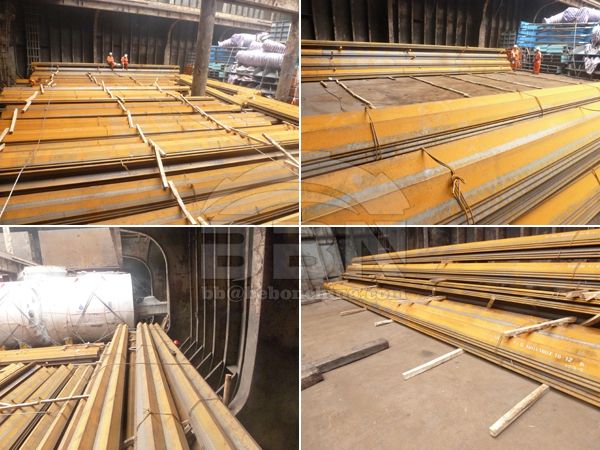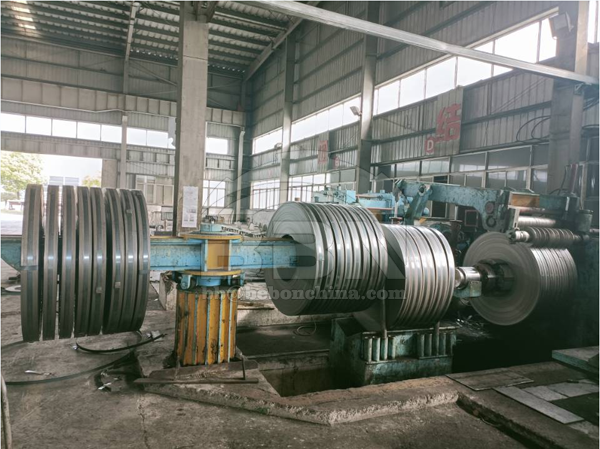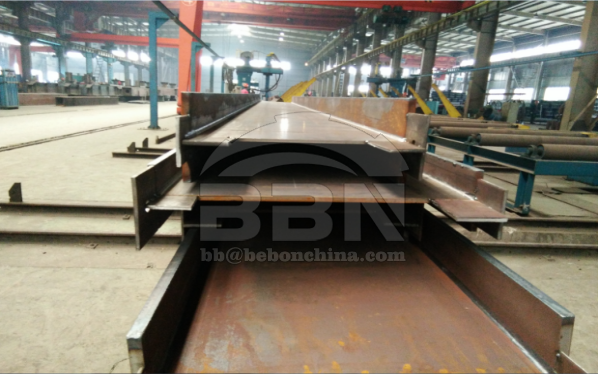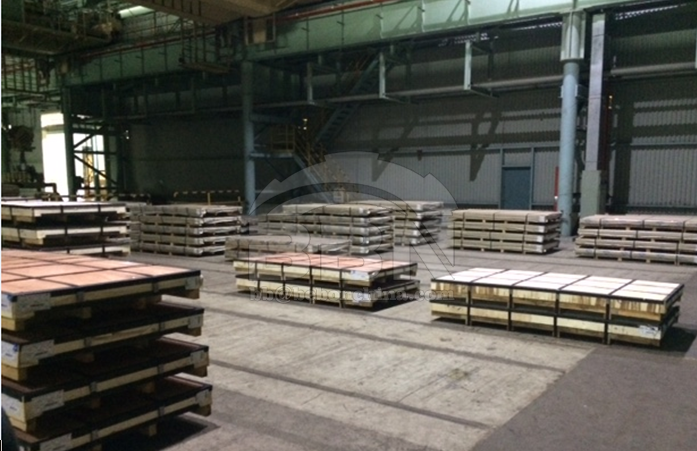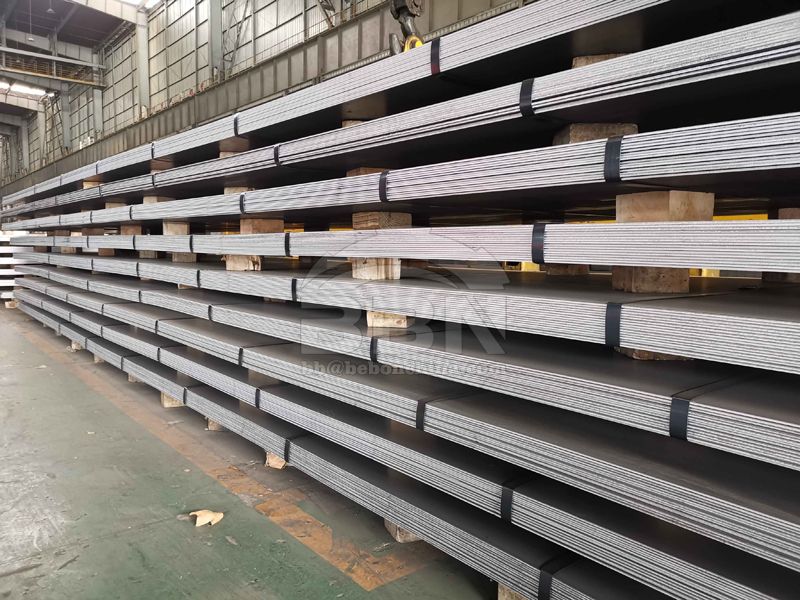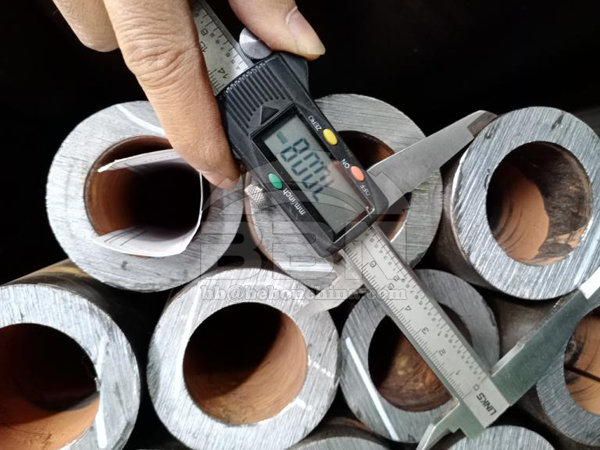First, carbon element will reduce the corrosion resistance, plasticity, toughness and weldability of stainless steel. This is because carbon and chromium have a strong affinity and can form a series of complex carbides with chromium. The higher the carbon content in stainless steel, the more chromium carbide is formed. In this way, the chromium content in the solid solution is reduced, and the corrosion resistance of stainless steel is also reduced due to the reduction of the chromium content. The higher the carbon content in stainless steel, the lower its corrosion resistance.
For stainless steel, corrosion resistance is the main requirement, so the carbon content in stainless steel is generally very low, most of which are only 0.10%-0.20%, and generally do not exceed 4%.
Secondly, carbon element can increase the hardness, wear resistance and strength of stainless steel by increasing its content. This is because the strength of stainless steel increases as the carbon content in stainless steel increases. With the increase of carbon content in stainless steel, the hardness, grindability and strength of quenched stainless steel will correspondingly increase, but the plasticity and toughness will correspondingly decrease, and the corrosion resistance will correspondingly decrease.
The above is a detailed introduction of what role carbon can play in stainless steel. BBN steel company can supply carbon and low alloy steel, shipbuilding steel, boiler and pressure vessel plate, atmospheric corrosion resistance steel, gas cylinder steel, pipeline steel and alloy steel with various shapes. Welcome to contact us for any requirement.
Are you also interested in further steel processing (machining)?
Just like you, 70% customers choose long-term cooperation with BBN steel not only for our good product and service quality, good reputation in the international market, but also for our experienced one-stop raw material supply and further steel processing!
Fabrication and Machining Service24h Technical support

